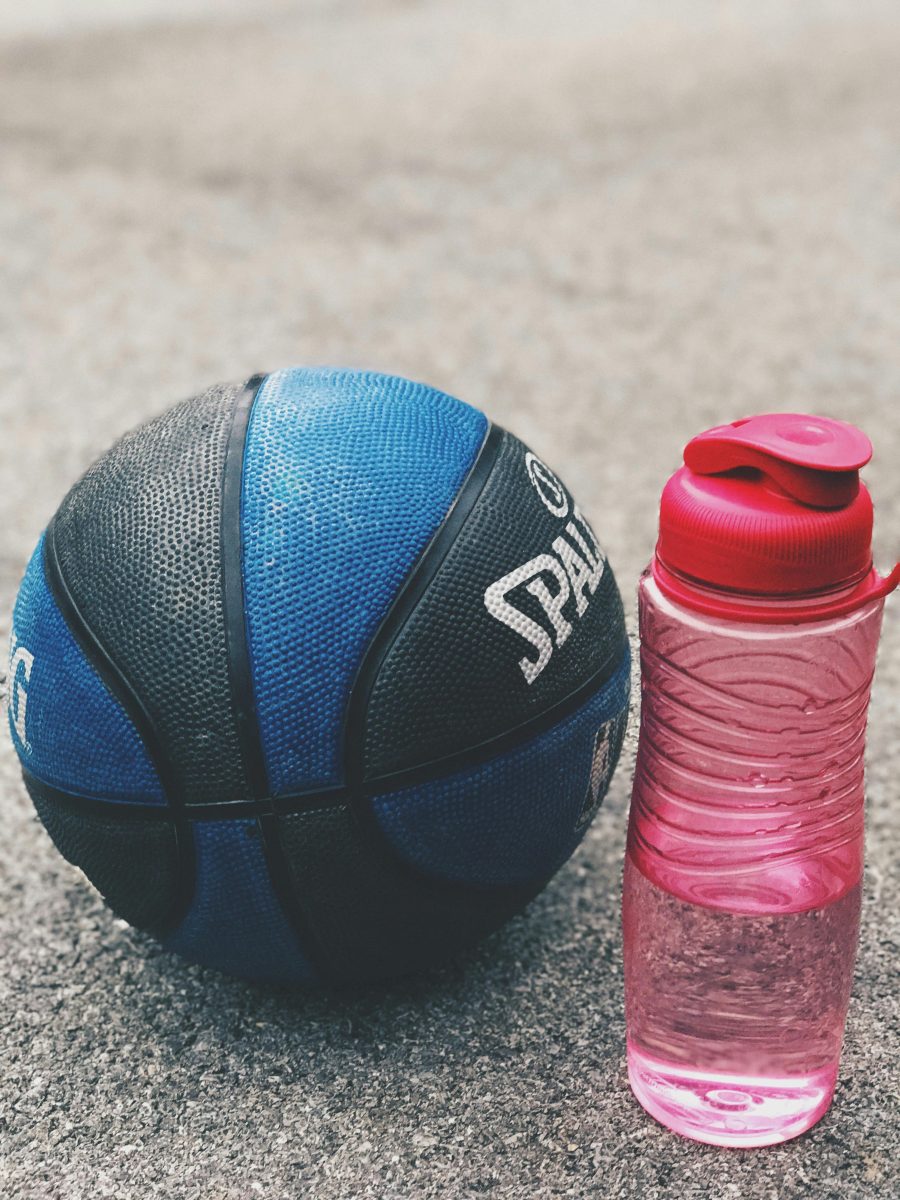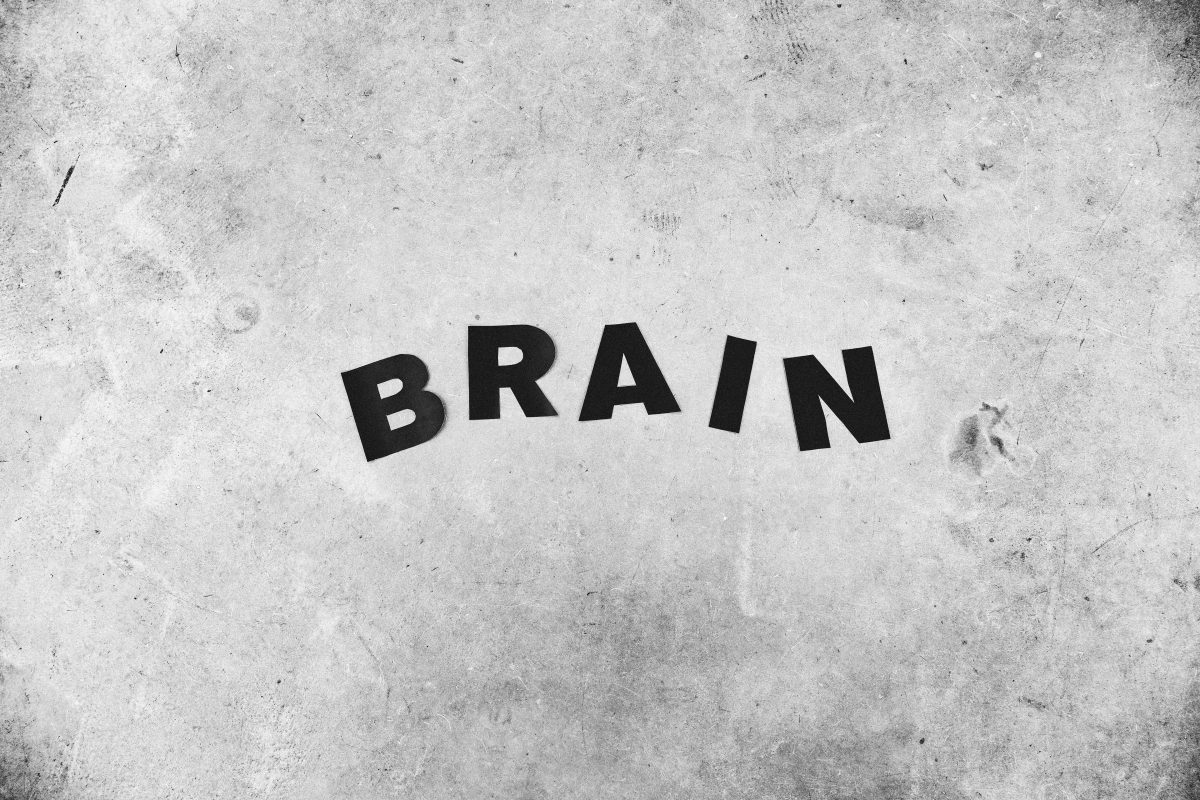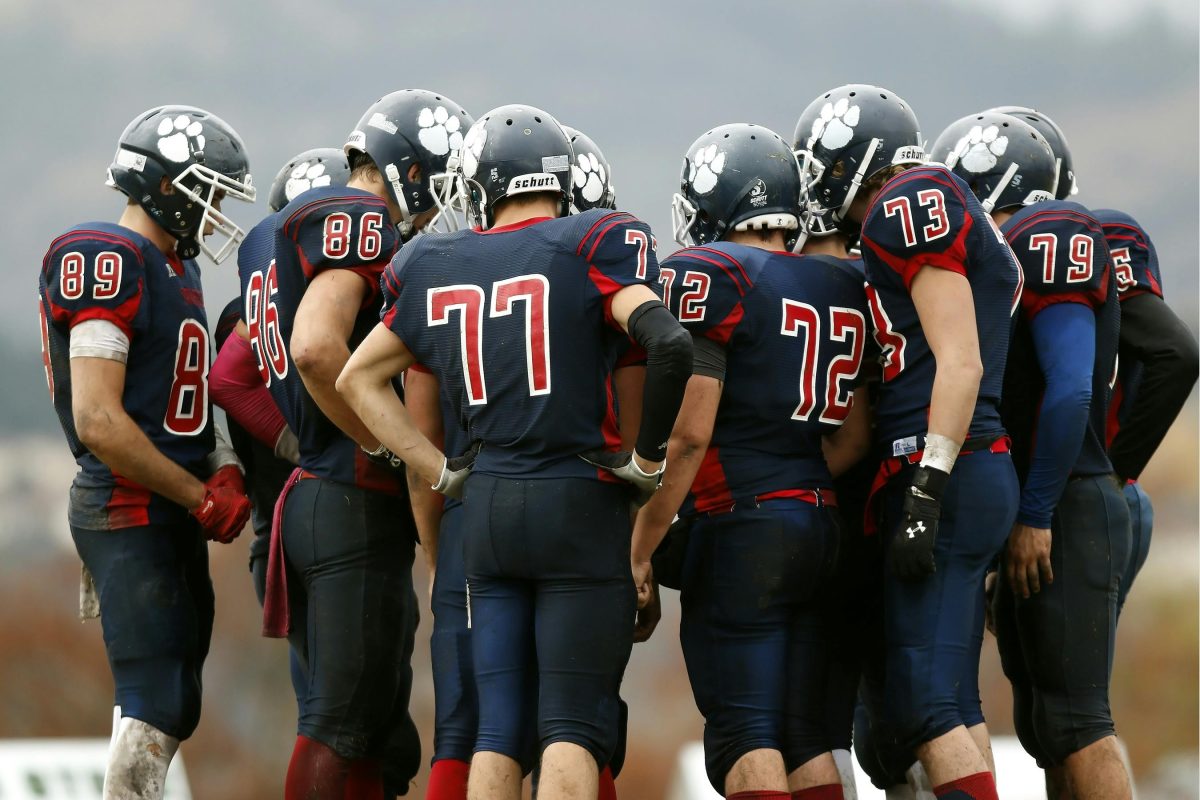Last Updated on: 14th July 2024, 09:37 am
Introduction to Hydration and Exercise

Water, the elixir of life, plays a pivotal role in the human body. It’s the cornerstone of our very existence, facilitating crucial biological functions from regulating body temperature to transporting nutrients. But when we exercise, our bodies demand more from us, including a heightened need for hydration. This is because physical activity accelerates the loss of water through sweat, necessitating an increased intake to maintain balance and ensure optimal performance.
- As we embark on physical exertions, our muscles generate heat, pushing our bodies to sweat in an effort to cool down. This natural cooling system, while effective, depletes our water reserves at a rapid pace.
- The more intense the workout, the greater the hydration requirement. It’s a delicate dance of replenishment, where each sip of water becomes a step towards maintaining our body’s harmony and enhancing our exercise capacity.
Understanding the symbiotic relationship between hydration and exercise is not just about quenching thirst; it’s about fueling the engine that drives us. With every drop of water, we’re not just hydrating; we’re empowering our bodies to reach new heights, break barriers, and achieve our fitness goals with vigor and vitality.
Understanding Dehydration

The Science of Dehydration: What Happens to Your Body
Dehydration occurs when your body loses more fluids than it takes in. This imbalance disrupts the normal operations of your cells and organs. As you exercise, sweating increases fluid loss, making it crucial to drink water regularly. Without adequate hydration, your body struggles to maintain its temperature and perform at peak levels. Essentially, water is the fuel that keeps the intricate machinery of your body running smoothly during physical exertion.
Recognizing the Signs and Symptoms of Dehydration
- Thirst is the first sign, but it’s often a late one.
- Look out for fatigue, dizziness, dry mouth, and less frequent urination.
- These symptoms signal that your body is running low on its most precious resource.
- Ignoring these signs can lead to more severe consequences, such as heatstroke, especially during intense workouts or in hot environments.
The Impact of Dehydration on Exercise Performance and Health
Dehydration doesn’t just dampen your performance; it derails it. Even a slight fluid loss can reduce your endurance, strength, and reaction times. Your heart works harder, your body overheats faster, and your recovery slows down. Over time, chronic dehydration can contribute to kidney problems, urinary tract infections, and even cardiovascular disease. It’s clear: staying hydrated is not just about maintaining performance; it’s about protecting your health.
Integrating hydration into your exercise routine is not optional; it’s essential. By understanding the science of dehydration, recognizing its signs, and appreciating its impact, you’re taking a crucial step towards optimizing your workouts and safeguarding your well-being. Remember, every sip counts towards a healthier, more vibrant you.
The Benefits of Staying Hydrated During Exercise

Staying hydrated during exercise isn’t just a good idea; it’s a cornerstone of peak performance and recovery. When your body is well-hydrated, you unlock a level of endurance and efficiency that can significantly elevate your workout. Enhanced performance is just the beginning. Proper hydration ensures that your body can regulate its temperature effectively, keeping you cool and preventing overheating. This is crucial, especially during intense sessions or in warmer climates.
- But the benefits extend beyond just keeping you cool. Hydration plays a pivotal role in preventing cramps and injuries.
- Muscles and joints require sufficient fluid to remain flexible and resilient.
- A well-hydrated body is less prone to the aches and pains that can sideline even the most dedicated athletes.
- Moreover, when it’s time to wind down, your recovery process benefits immensely from being hydrated. Fluids help flush out toxins, reducing muscle soreness and preparing you for your next session.
Imagine your body as a high-performance vehicle. Just as a car needs the right fuel to run efficiently, your body needs water to perform at its best. Skipping on hydration is like ignoring the fuel gauge on a long journey. Eventually, performance dips, and the risk of breakdown increases. To keep your engine running smoothly, make hydration a non-negotiable part of your workout routine. Your body, and your performance, will thank you.
Hydration Strategies for Athletes

Guidelines for Pre-Exercise Hydration
Starting your workout properly hydrated sets the stage for optimal performance. Aim to drink 17-20 ounces of water 2-3 hours before exercise, followed by an additional 8 ounces 20-30 minutes prior. This foundational step ensures your body is primed and ready, preventing the early onset of dehydration.
Hydration Needs During Exercise: Factors Affecting Water Intake
As you dive into your workout, your hydration needs climb. The intensity of the exercise, ambient temperature, humidity, and your own sweat rate dictate how much you should drink. A general rule is to sip 7-10 ounces of water every 10-20 minutes. However, listen to your body; thirst is a signal, not the sole guide. Adjust your intake based on conditions and personal sweat loss.
Post-Exercise Hydration: Replenishing Fluids and Electrolytes
Recovery begins with rehydration. After exercise, aim to replace any lost fluids by drinking 16-24 ounces of water for every pound lost during the workout. Incorporating drinks with electrolytes can help restore the balance of minerals lost through sweat, crucial for preventing cramps and facilitating recovery. Remember, rehydration is a process, not a one-time event. Continue to hydrate in the hours following your workout to fully replenish your body.
Hydration is not just about drinking water; it’s about maintaining a balance that allows your body to perform at its peak, recover efficiently, and prepare for the next challenge. By adopting these strategies, you ensure that your body has the necessary resources to excel, both during and after exercise. Let water be your ally in the pursuit of fitness and health.
Choosing Your Hydration: Water vs. Sports Drinks

Water is the quintessential hydrator, vital for life and crucial during exercise. It replenishes fluids lost through sweat, ensuring our bodies function optimally. Yet, as we push our limits, the question arises: are sports drinks a better choice?
Sports drinks come into play when workouts are long or particularly intense. They offer more than hydration; they replenish electrolytes like sodium and potassium, lost through sweat, and provide carbohydrates for energy. This makes them beneficial in maintaining stamina and preventing electrolyte imbalances.
However, these drinks also have drawbacks. Many contain high levels of sugar and calories, which might not be necessary for everyone. Their effectiveness is situation-dependent, making water a more universally appropriate option for most exercise routines.
Other hydration options include coconut water, which offers natural electrolytes, and infused waters, providing flavor without added sugars. Each has its place, depending on the intensity of the workout and individual health goals.
Ultimately, the choice between water and sports drinks depends on the duration and intensity of the exercise, as well as personal health considerations. For most, water fulfills hydration needs effectively, but for endurance athletes or those engaging in prolonged, vigorous activity, sports drinks can offer valuable benefits. Listening to your body and understanding your hydration needs is key to optimizing performance and health.
Practical Tips for Staying Hydrated

Developing a Personalized Hydration Plan
- Assess your daily water intake – Adjust based on activity level, climate, and body size.
- Create a hydration plan – Tailor your water consumption to support your exercise regimen.
Tools and Technologies for Tracking Hydration
- Smart water bottles – Track your intake and remind you to drink.
- Hydration apps – Log your daily water consumption to meet hydration goals.
Overcoming Barriers to Adequate Hydration During Exercise
- Carry a water bottle – Ensure convenience during workouts.
- Enhance water flavor – Use natural flavors like cucumber or lemon if plain water is unappealing.
- Set reminders – Use your phone or watch to remind you to drink.
- Position water within reach – Encourage frequent sips during exercise.
- Listen to your body’s cues – Stay attuned to your hydration needs.
By implementing these practical tips, you’ll ensure that hydration enhances your exercise experience. Remember, your body thrives when it’s hydrated, so make every drop count.
In Closing
Hydration fuels peak performance. It’s the key to unlocking resilience and vitality during exercise. By balancing our body’s needs with adequate water intake, we not only enhance our physical capabilities but also protect our health, ensuring every workout contributes to our long-term well-being. This article has underscored the importance of hydration strategies, from recognizing dehydration signs to choosing the right fluids, offering a roadmap to optimal performance and recovery. Let’s commit to making hydration a non-negotiable part of our fitness journey, for a healthier, more vibrant tomorrow.
Importance of Hydration During Exercise FAQs
Yes, dehydration can significantly affect your workout performance. Even a small amount of dehydration can lead to a decrease in strength, power, and endurance, making it harder to complete your workout effectively. Staying hydrated helps ensure that your muscles, joints, and nerves function optimally.
Yes, hydration can significantly affect recovery after exercise. Adequate fluid intake helps to flush out toxins, transport nutrients to your muscles, and prevent muscle cramps, all of which can speed up the recovery process. Ensuring you rehydrate after working out replaces the fluids lost through sweat, aiding in the repair and rebuilding of muscle tissue and preparing your body for its next workout session.
You can tell if you’re properly hydrated before starting your workout by checking the color of your urine, which should be light yellow. Other indicators include feeling thirsty or having a dry mouth, which suggests you need to drink more fluids. Being well-hydrated helps ensure that you start your exercise session with adequate fluid levels, supporting overall performance and endurance.
Sports drinks can be more effective than water for hydration during long-duration or high-intensity exercise sessions because they contain electrolytes and carbohydrates. These components help replenish the body’s electrolyte balance and provide energy, making them particularly useful for endurance athletes or those exercising in hot conditions. However, for most moderate exercise sessions, water is sufficient to maintain hydration.
The amount of water needed during exercise varies based on the intensity of the activity and individual sweat rates. A general guideline is to drink 7-10 ounces of water every 10-20 minutes during exercise. Monitoring your body’s thirst signals and the color of your urine can also help you adjust your intake to stay properly hydrated.
Yes, it is possible to drink too much water when exercising, a condition known as hyponatremia. Hyponatremia occurs when the balance of electrolytes in your body is disrupted by excessive water intake, leading to nausea, headaches, confusion, and in severe cases, seizures. It’s important to balance water intake with the loss of fluids through sweat and to consider consuming electrolyte-enhanced beverages during long-duration or high-intensity workouts.
During hot weather workouts, it’s important to increase your fluid intake before, during, and after exercise to compensate for increased sweat loss. Wearing light, breathable clothing and exercising during cooler parts of the day can also help manage sweat production and maintain hydration. Additionally, taking regular breaks to drink water or sports drinks can help prevent overheating and dehydration.
Signs of dehydration during exercise include thirst, dry mouth, fatigue, dizziness, and dark-colored urine. These symptoms indicate that your body needs fluids to continue functioning properly during physical activity. Ignoring these signs can lead to more severe dehydration and heat-related illnesses.
Electrolytes, such as sodium, potassium, and magnesium, play a crucial role in hydration during exercise by maintaining fluid balance and supporting muscle function. They help regulate nerve and muscle function, blood pressure, and the rebuilding of damaged tissue. When you sweat, you lose electrolytes, so replenishing them during and after exercise is important for recovery and continued performance.
Hydration is crucial during exercise because it helps maintain optimal physical performance. Dehydration can lead to fatigue, reduced endurance, and a decrease in coordination, making physical activity more challenging. Proper hydration also aids in temperature regulation and the prevention of heat-related illnesses.
Orlando is a all round athlete from Australia, now resident in Germany. His sports of passion of American Football(Offensive line), weight training and indoor rock climbing where he uses his 195cm wing span to his advantage.



